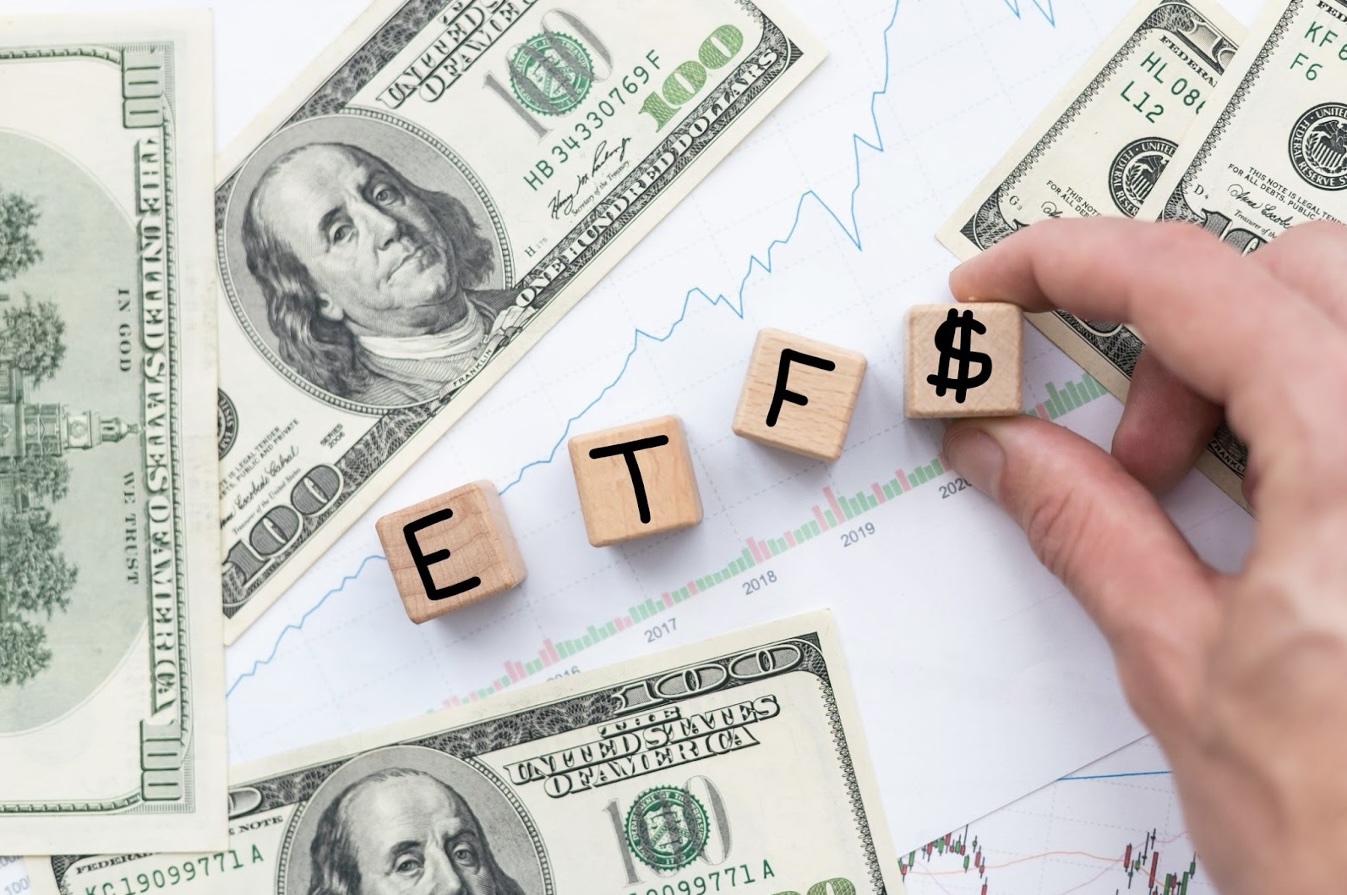The U.S. Securities and Exchange Commission (SEC) has approved several spot Ether exchange-traded funds (ETFs), allowing them to be listed and traded.
However, before these ETFs can be traded, their S-1 registration statements must still go through a separate review process by the SEC, which includes potential amendments based on SEC comments. This additional step means that trading may not begin immediately.
These spot Ether ETFs will directly track the price of Ethereum, providing a simpler and more accessible investment vehicle compared to futures-based ETFs. This move is expected to attract substantial institutional investment and could significantly boost Ethereum's market value.
Ethereum Spot ETF List
The U.S. Securities and Exchange Commission (SEC) has approved several spot Ether exchange-traded funds (ETFs). These ETFs are poised to start trading once their registration statements are approved. The approved ETFs include:
- Grayscale Ethereum Trust
- Bitwise Ethereum ETF
- iShares Ethereum Trust
- VanEck Ethereum Trust
- ARK 21 Shares Ethereum ETF
- Invesco Galaxy Ethereum ETF
- Fidelity Ethereum Fund
- Franklin Templeton Ethereum ETF
These ETFs will provide a simpler and more regulated way for investors to gain exposure to Ethereum, directly tracking its price and potentially driving significant institutional investment into the cryptocurrency market
Types of ETFs
The types of approved spot Ether ETFs typically fall into a few categories based on their structure and investment strategies.
Trust-Based ETFs
These ETFs hold Ether (ETH) directly and aim to mirror the performance of Ethereum. Examples include:
- Grayscale Ethereum Trust
- iShares Ethereum Trust
- VanEck Ethereum Trust
Index-Based ETFs
These ETFs track the performance of an Ether index, which could include a weighted average of Ether prices across various exchanges. An example is the ARK 21 Shares Ethereum ETF.
Actively Managed ETFs
These funds are actively managed by fund managers who make investment decisions to potentially outperform Ether's market performance, such as:
- Invesco Galaxy Ethereum ETF
- Fidelity Ethereum Fund
Hybrid ETFs
These combine elements of both trust-based and actively managed approaches, possibly including exposure to Ether futures or other derivatives to enhance returns or manage risks. Examples include:
- Bitwise Ethereum ETF
- Franklin Templeton Ethereum ETF
These categories help investors choose the type of ETF that best aligns with their investment goals and risk tolerance
Who’s Approved to Offer Spot Ether ETFs?

The U.S. Securities and Exchange Commission (SEC) has approved several issuers to offer spot Ether exchange-traded funds (ETFs). The approved issuers include:
- Grayscale Investments
- Bitwise Asset Management
- BlackRock
- VanEck
- ARK Invest in partnership with 21Shares
- Invesco in partnership with Galaxy Digital
- Fidelity Investments
- Franklin Templeton
These issuers are now authorized to list and trade their respective Ether ETFs once their registration statements are finalized.
What Is Ethereum And Why Did They Approve An Etf?
Ethereum is a decentralized, open-source blockchain layer-1 that features smart contract functionality. It was proposed in late 2013 by programmer Vitalik Buterin and development began in early 2014, with the network going live on July 30, 2015. The Ethereum blockchain is known for enabling developers to build and deploy decentralized applications (dApps).
What makes Ethereum blockchain unique
Smart Contracts
These are self-executing contracts with the terms of the agreement directly written into code. They automatically enforce and execute the terms of the contract when predefined conditions are met.
Ether (ETH)
The native cryptocurrency of the Ethereum network, used to pay for transaction fees and computational services. Ether is the second-largest cryptocurrency by market capitalization, following Bitcoin.
Decentralized Applications (dApps)
Applications that run on the Ethereum blockchain without downtime, fraud, control, or interference from a third party. Popular examples include DeFi (Decentralized Finance) platforms, NFTs (Non-Fungible Tokens), and various other blockchain-based applications.
Ethereum Virtual Machine (EVM)
A Turing-complete virtual machine that allows anyone to execute arbitrary EVM bytecode. It is the runtime environment for smart contracts in Ethereum.
Why Did They Approve an Ether ETF?
The approval of spot Ether ETFs by the SEC signifies a milestone for the cryptocurrency market and offers several potential benefits:
Regulated Exposure
Spot Ether ETFs provide a regulated way for investors to gain exposure to Ethereum without directly buying and holding the cryptocurrency. This can be particularly attractive to institutional investors and those wary of the complexities and risks associated with holding digital assets directly.
Market Maturity
The approval reflects the growing maturity and acceptance of cryptocurrencies within the traditional financial system. With the success of Bitcoin ETFs, the SEC’s approval of Ether ETFs suggests increased confidence in the market infrastructure and oversight mechanisms for digital assets.
Institutional Investment
The availability of Ether ETFs is expected to drive substantial institutional investment into Ethereum, potentially boosting its market value and encouraging broader adoption. Institutional investors often seek regulated and straightforward investment vehicles, which ETFs provide.
Accessibility and Liquidity
ETFs are a familiar investment product to many investors, making it easier for them to include Ethereum in their portfolios. This can increase market liquidity and participation from a wider range of investors.
Reduced Complexity
Unlike futures-based ETFs, which can involve complex trading strategies and risks, spot ETFs directly track the price of Ethereum, simplifying the investment process.















